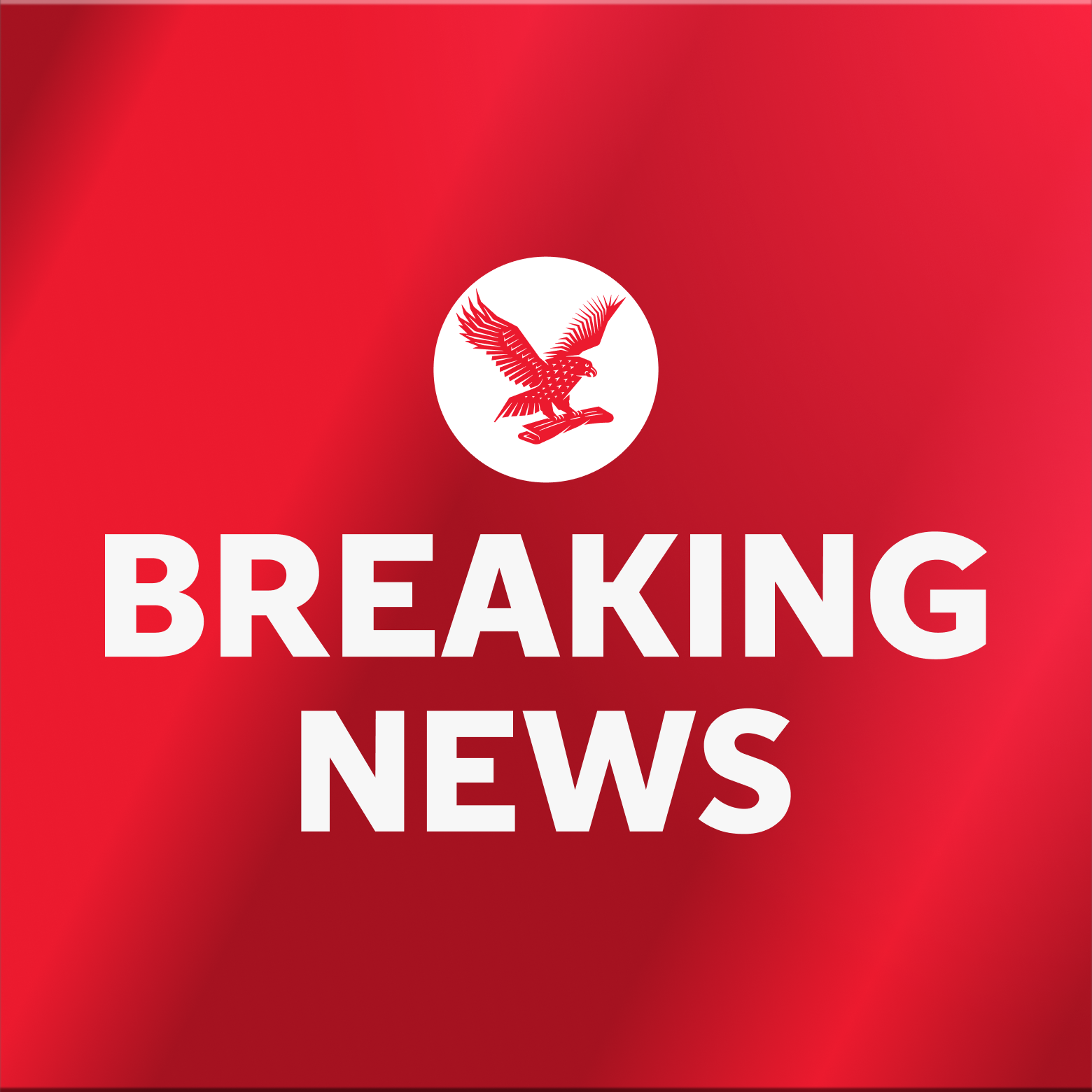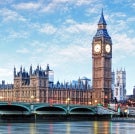A month ahead of elections for the European Parliament, Ryanair is urging EU citizens to “turn out and vote”.
The carrier, which is Europe’s biggest budget airline, wants the electorate to “signal their strong support for the EU single market”.
A Boeing 737 has been decorated with stickers reading “Vote for Europe – vote for low fares”.
Ryanair owes its success to the EU’s deregulation of air travel in the 1990s. The opening of the Continent’s skies allowed a then-tiny Irish airline to fly domestically within the UK and anywhere else it wished within Europe.
Michael O’Leary, chief executive of Ryanair since that time, unveiled the campaign in Brussels – one of the two seats of the European Parliament, which alternates between the Belgian capital and Strasbourg in France.
He said: “Low-fare air travel has been one of the great successes of the EU single market. Brexit has shown, however, that these freedoms and gains can be lost.
“So it is imperative that all EU citizens, particularly Ryanair’s 200 million passengers, turn out to vote in the EU elections on 6-9 June.”
Ryanair previously became involved in politics on the eve of the UK’s EU referendum, when Mr O’Leary turned up in Westminster on the eve of the poll to urge a Remain vote.
Despite the subsequent setback, the Ryanair boss now says: “We strongly encourage all EU citizens to vote in favour of those parties who support the deregulation of air travel and who support the growth of low-fare air travel, the freedom of movement of EU citizens across Europe.”
Some parties and groupings are fiercely opposed to the unrestrained expansion of air travel.
The Left is calling for rail travel to be prioritised on shorter journeys and for more night trains to be revived.
The grouping has criticised European Commission chief Ursula von der Leyen for using private jets more often than all 27 other EU commissioners combined – “including on three separate occasions from Brussels to Strasbourg, despite a regular high-speed rail route between the two”.
Ryanair does not fly between Brussels and Strasbourg.
Source: independent.co.uk



